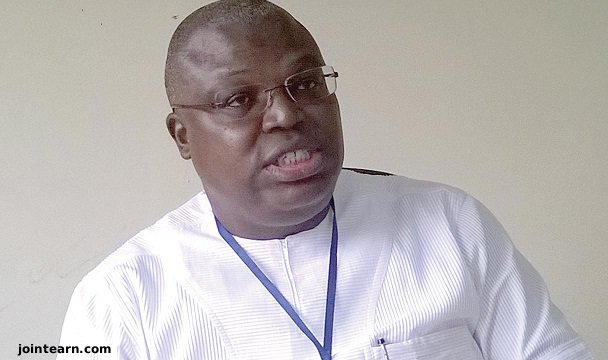
Managing Director of Primero Transport Services, Mr. Fola Tinubu, has emphasized that innovation and sustainability are critical to transforming Nigeria’s transport sector and driving long-term economic growth.
Speaking in an interview in Lagos, Tinubu said that the nation’s transport infrastructure must evolve beyond traditional systems to embrace technology-driven, environmentally responsible solutions capable of supporting a modern economy.
“Transportation is not just about moving people or goods; it is about connecting lives, driving trade, and fueling development,” he said.
Tinubu highlighted the role of electric buses, smart ticketing systems, intelligent traffic management, and clean energy technologies in shaping the future of mobility globally, stressing that Nigeria has both the talent and creativity to do the same.
“We have the expertise to build modern transport solutions in Nigeria; what we need is collaboration. Innovation thrives where government and private players work together to solve infrastructure challenges,” he added.
He called for stronger partnerships between government agencies and private operators to address the nation’s long-standing transport issues, including deteriorating road networks, underdeveloped rail systems, and underutilized waterways.
“No single company or government agency can do it alone. It takes partnership, policy support, and a shared vision to build a truly integrated transport system,” Tinubu noted.
Experts Call for Multimodal Transport Integration
Also speaking, Professor Bamidele Badejo, Chairman of the Lagos State Government Professorial Chair Endowment on Transport Studies, called for the urgent integration of Nigeria’s transport modes to unlock economic and social potential.
Badejo described multimodal transport integration — linking road, rail, air, and waterways — as the most viable route to achieving inclusive growth, job creation, and sustainable urban development.
“Transportation remains the lifeline of any nation. When it collapses, every aspect of life grinds to a halt — from essential services to trade and productivity,” he said.
He lamented that despite Nigeria’s vast potential, the country remains overly dependent on road transport, which currently carries over 90 percent of passengers and freight. This overreliance, he said, has led to crumbling infrastructure, traffic congestion, environmental degradation, and high logistics costs that stifle industrial growth.
“Developing an integrated, multimodal transportation system is crucial for Nigeria’s sustainable national development. It will improve efficiency, reduce costs, and promote environmental sustainability,” he emphasized.
Policy Reform and Private Sector Collaboration Needed
Professor Badejo identified policy inconsistency, fragmented regulation, poor maintenance culture, and chronic underfunding as key barriers to transport development. He criticized the proliferation of overlapping transport agencies, describing it as a major source of inefficiency.
He also pointed to energy instability, indiscipline, and inadequate technical capacity as systemic challenges.
“Our industry is still dominated by those qualified by experience rather than by knowledge,” he cautioned.
Despite these hurdles, Badejo highlighted significant opportunities for transformation — including clean energy mobility, data-driven logistics, and port modernization. He urged Nigeria to replicate its technological success in telecommunications by leapfrogging obsolete transport systems and adopting smart mobility innovations.
“The future will not just happen; we must build it deliberately,” he concluded, calling on policymakers to develop a national multimodal transport framework that ensures connectivity, innovation, and resilience.


Leave a Reply